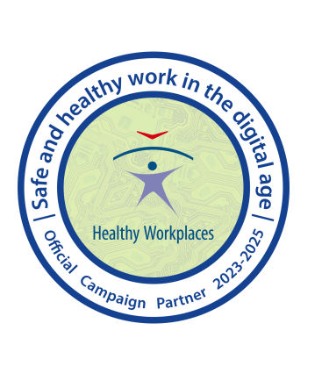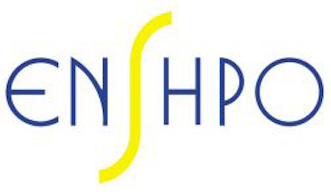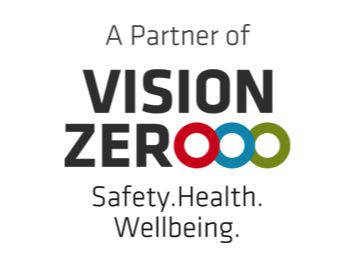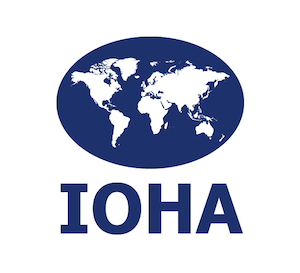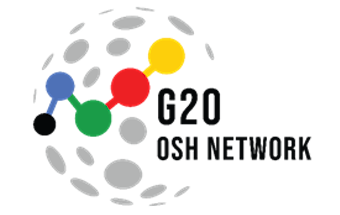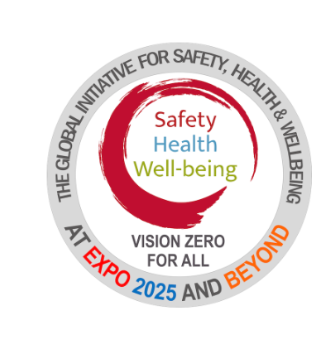Taskforce 2
Mainstreaming OSH into Higher education
Integrating occupational safety and health into higher education
The world of work is facing major challenges due to rapid technological change, globalisation, climate change and the Covid 19 pandemic. Occupational safety and health professionals must address these challenges, but it is unclear how well their academic training programmes prepare them for this task.
Against this background, an international working group coordinated by ENETOSH is addressing the question of how the UN Sustainable Development Goals (SDGs), especially SDG 8 "Decent Work and Economic Growth", are integrated into higher education.
In its first phase of 2020 and 2021, the Task Group conducted an online survey on the current state of integrating SDG 8 in higher education, focusing on study programs in Occupational Safety, Industrial Hygiene, and Ergonomics (OSH), Occupational Medicine (OM), and Human Resource Management (Business and Management Schools) (HRM). 114 study programs from 90 universities in 29 European countries were included.
The results of this study were published online in April 2022 and printed in March 2023: https://academic.oup.com/occmed/advance-article-abstract/doi/10.1093/occmed/kqac018/6573922
In the second phase, the Task Group will investigate the implementation of SDG 8 in selected higher education programs in the five regions of Africa that address health and safety at work. Study programs of priority interest concern the disciplines of medicine (occupational medicine), nursing (occupational nursing), occupational safety, occupational hygiene and ergonomics (safety science). This project is carried out in close cooperation with OSHAfrica.
Core members of the current working group are: Prof Dr Dingani Moyo, National University of Science and Technology, Zimbabwe; Ehi Iden, OSHAfrica, Nigeria; Prof. Dr (em.) Johannes Siegrist, Heinrich-Heine-University Düsseldorf, Germany; Prof Dr Ing Rudolf Schumachers, Rhine-Waal University of Applied Sciences, Germany; Prof. Dr Lotta Dellve, Gothenburg University, Sweden - IAU Cluster SDG 8; Prof. Dr Esther Buregyeya, Makerere University, Uganda; Johanna Mai, DGUV - IAG Dresden, Germany; Dr Ulrike Bollmann, German Social Accident Insurance (DGUV) - IAG Dresden – ENETOSH
+ + + + + + + + + + + + + + + +Main members of the former ENETOSH Taskforce 2 (2018-2019):
Dr Nuria Mancebo, University of Girona
Alan Cowen, University of Brighton
Please find the following documents on the work of the Taskforce here (in PDF format):

